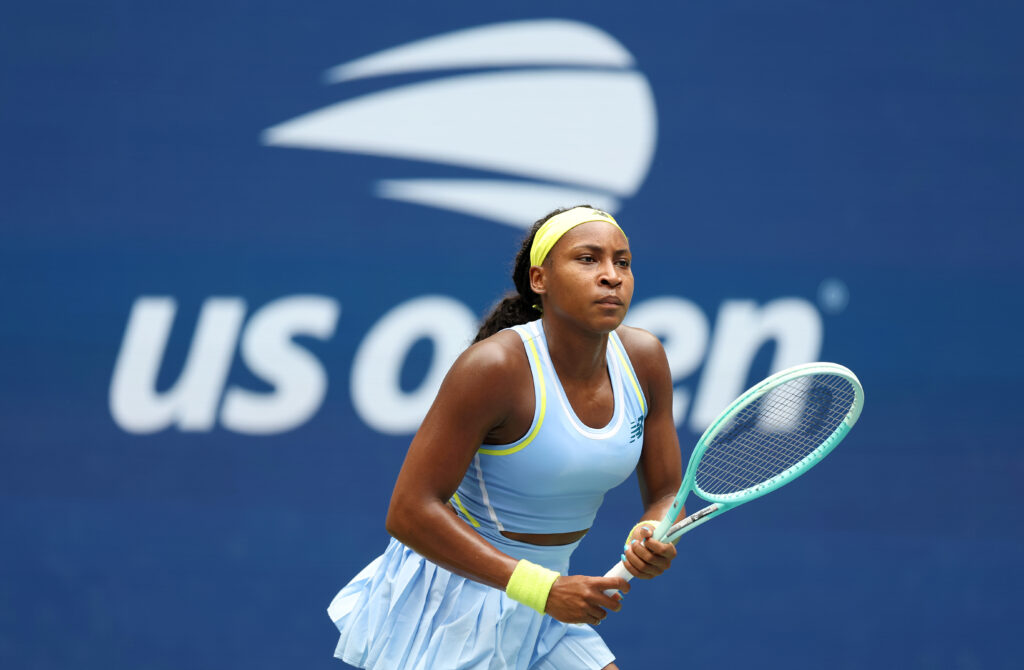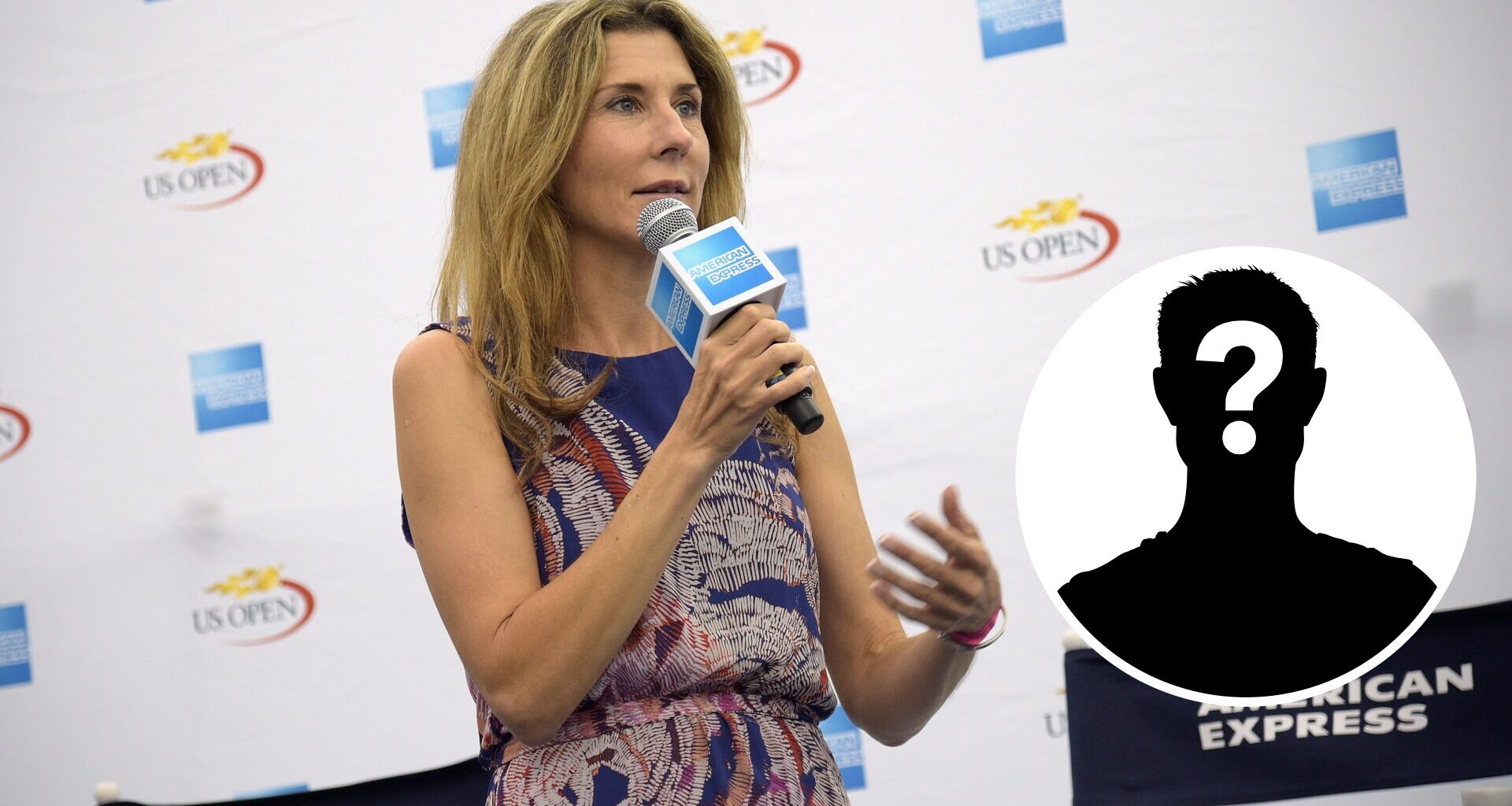One of the tennis legends looking forward to the US Open is Monica Seles.
The 51-year-old is one of greatest players of all time and arguably the best teenager to ever grace the sport.
She won eight of her nine Grand Slams before the age of 20, two of which she won at the US Open in 1991 and 1992.
33 years after her second and final triumph at Flushing Meadows, Monica Seles has named one player in particular she is looking forward to watching in New York this season.
 Photo by Jamie Squire/Getty ImagesMonica Seles loves to watch Coco Gauff play and she will be keeping an eye on her at the US Open
Photo by Jamie Squire/Getty ImagesMonica Seles loves to watch Coco Gauff play and she will be keeping an eye on her at the US Open
The US Open will mark the final chance for players to clinch a Grand Slam title this season.
The competitors are using events such as the ongoing Cincinnati Open to gain form and more ranking points in a bid to be best positioned for a strong run at the US Open.
Aryna Sabalenka will enter the tournament as the defending champion after beating Jessica Pegula to win her first US Open in 2024.
The year before, Sabalenka lost to Coco Gauff in the final, which marked the world number two’s first taste of success at Grand Slam level.
During an interview with Good Morning America via ABC News, Seles shared that she enjoys watching Gauff play and was thrilled to see her win her home major in 2023.
“I love [Coco] Gauff, the electricity she brought two years ago to the Open,” Seles shared.
“Obviously we have a couple of youngsters coming up and as a tennis fan, you know that saying, we just want some great matches and the excitement of the fans at the Open.”
Monica Seles has provided a worrying health update
During her interview with Good Morning America, Seles revealed she was diagnosed with myasthenia gravis in 2022.
This is a neuromuscular autoimmune disease which causes muscle weakness. She first started experiencing symptoms, which were affecting her eyes, approximately five years ago.
Seles explained that she wanted to go public with her condition to help raise awareness around it, especially ahead of the US Open.
“I would be playing [tennis] with some kids or family members, and I would miss a ball,” Seles told The Associated Press. “I was like, ‘Yeah, I see two balls.’ These are obviously symptoms that you can’t ignore.
“It took me quite some time to really absorb it, speak openly about it, because it’s a difficult one. It affects my day-to-day life quite a lot.”

